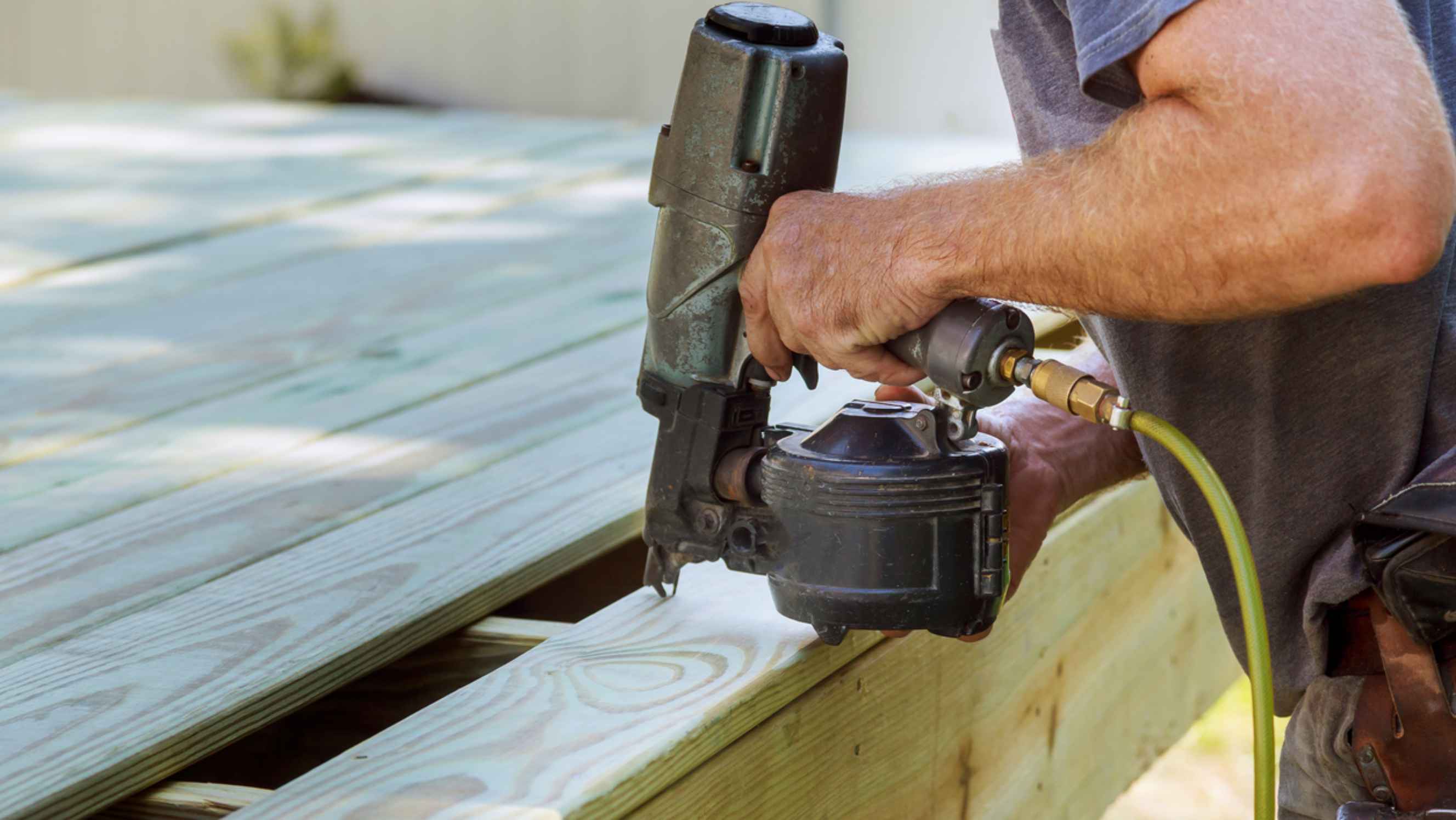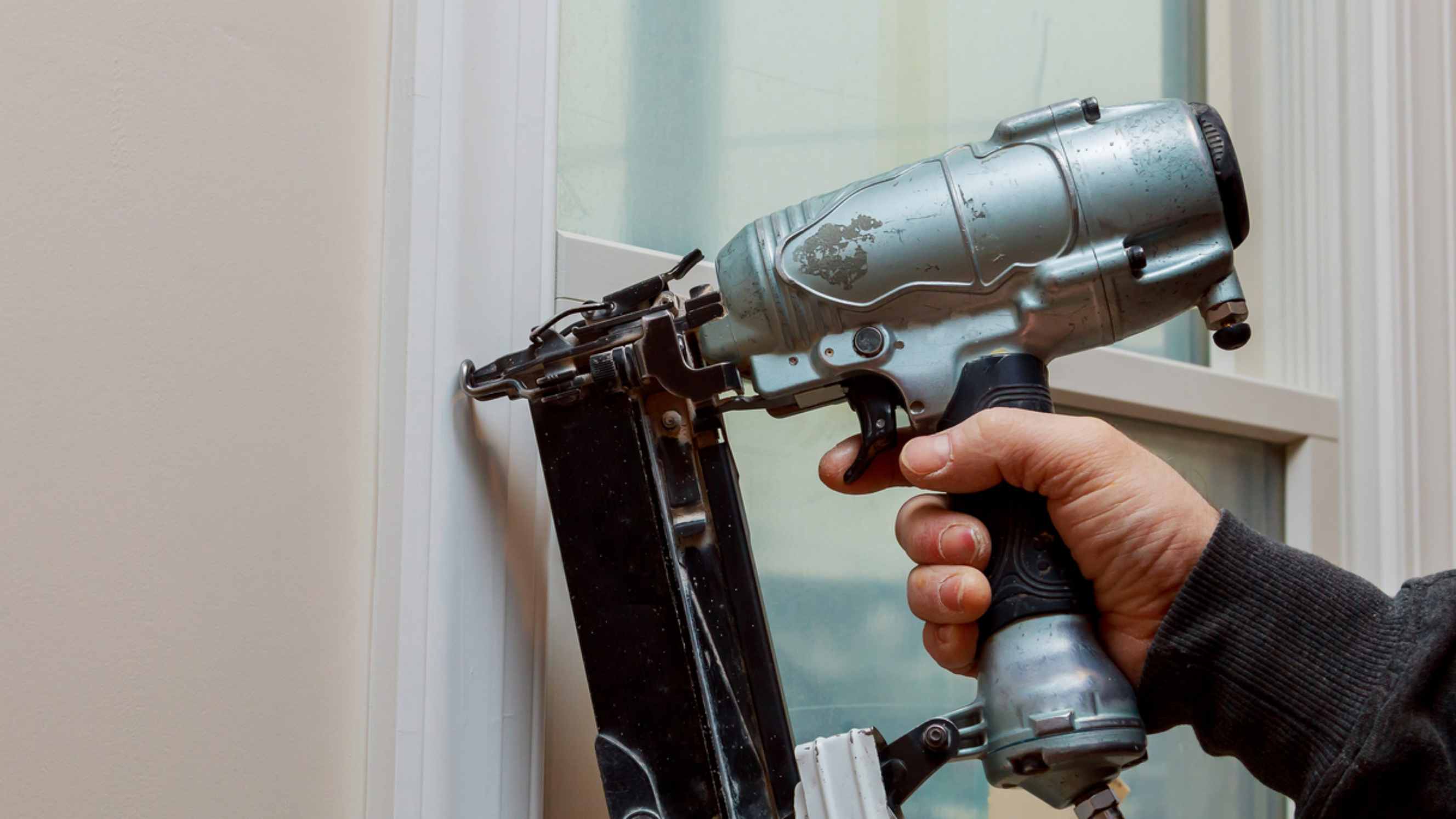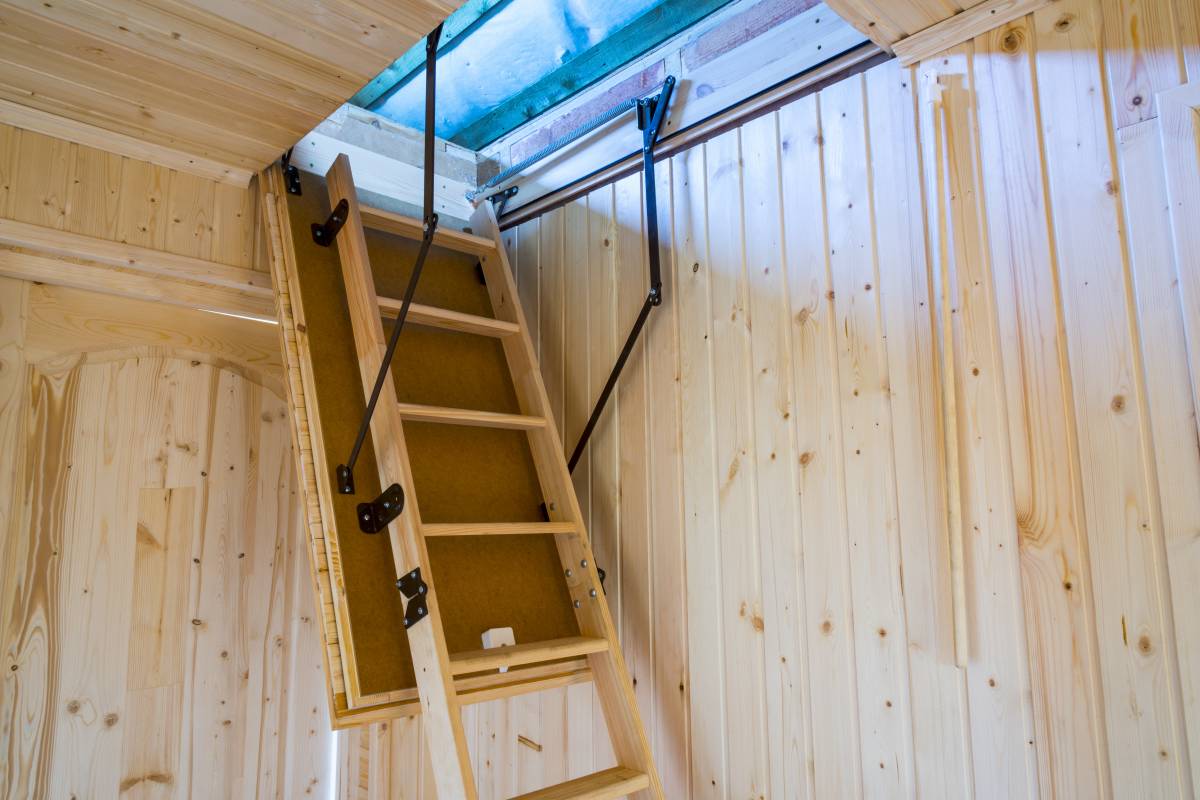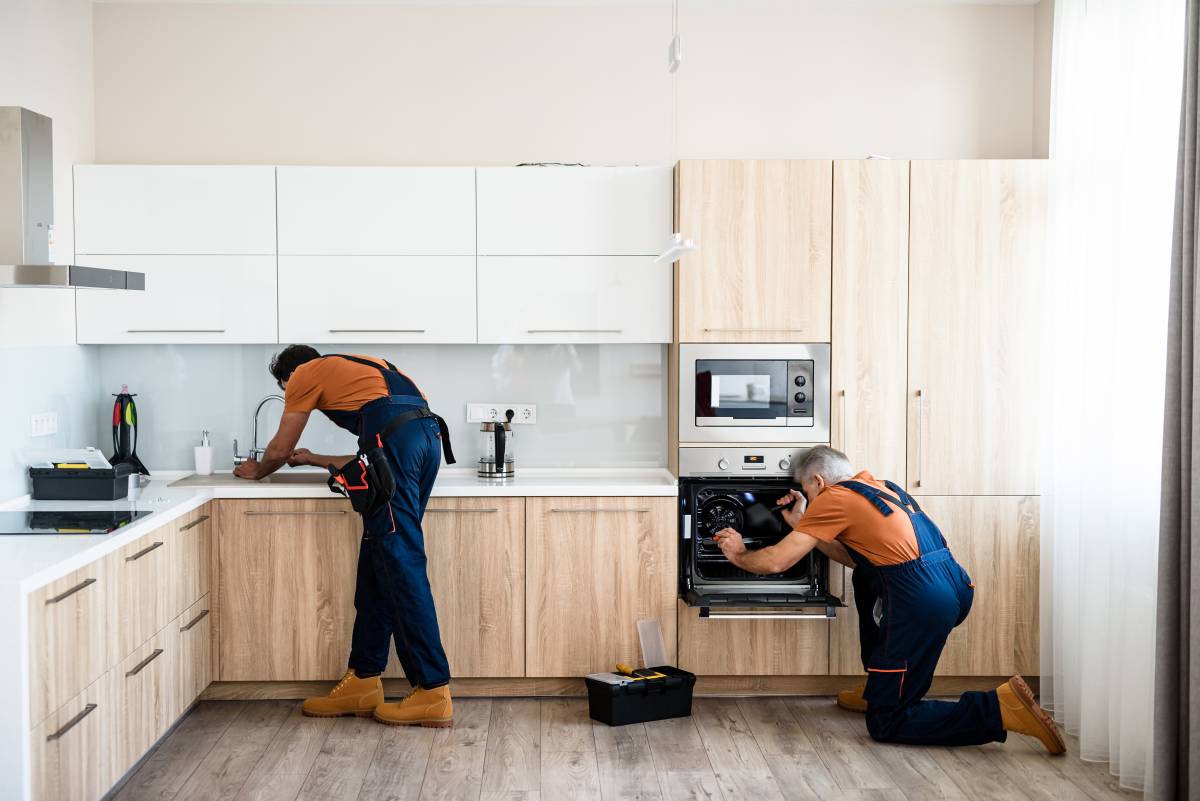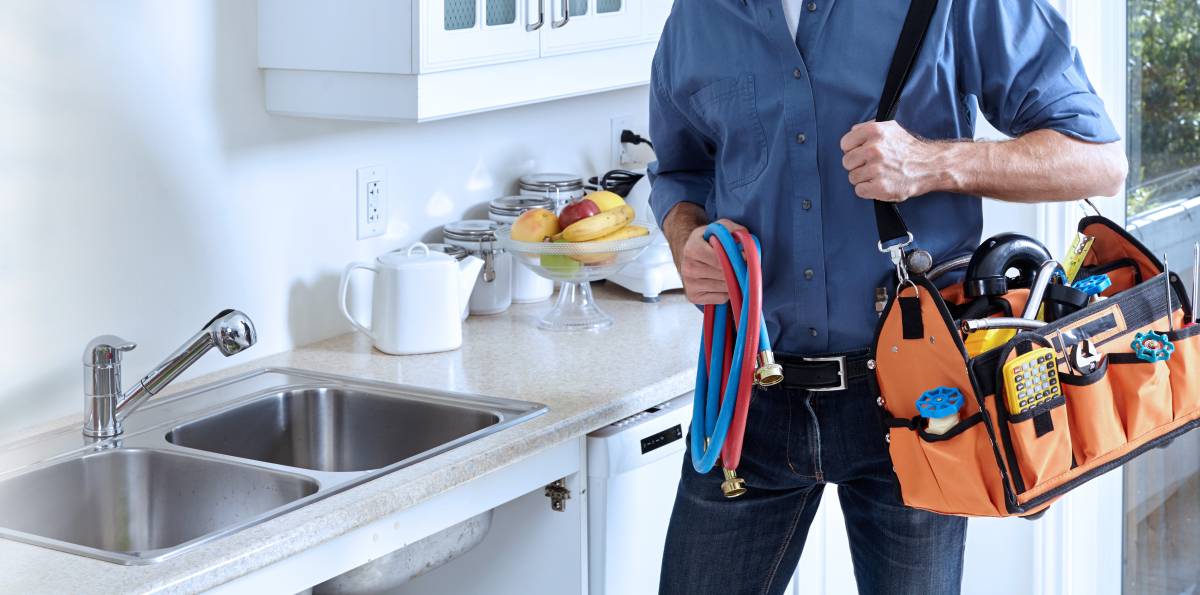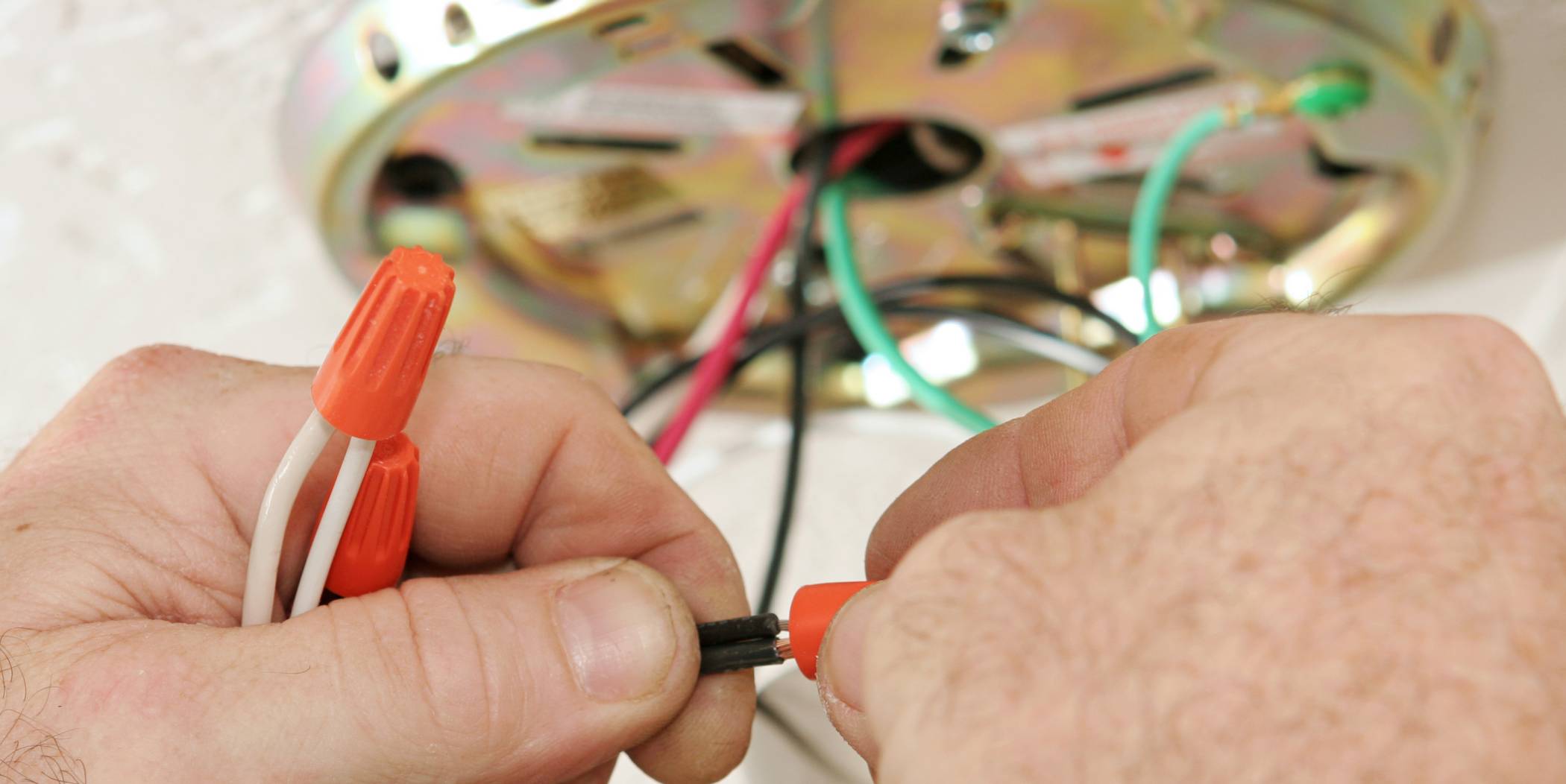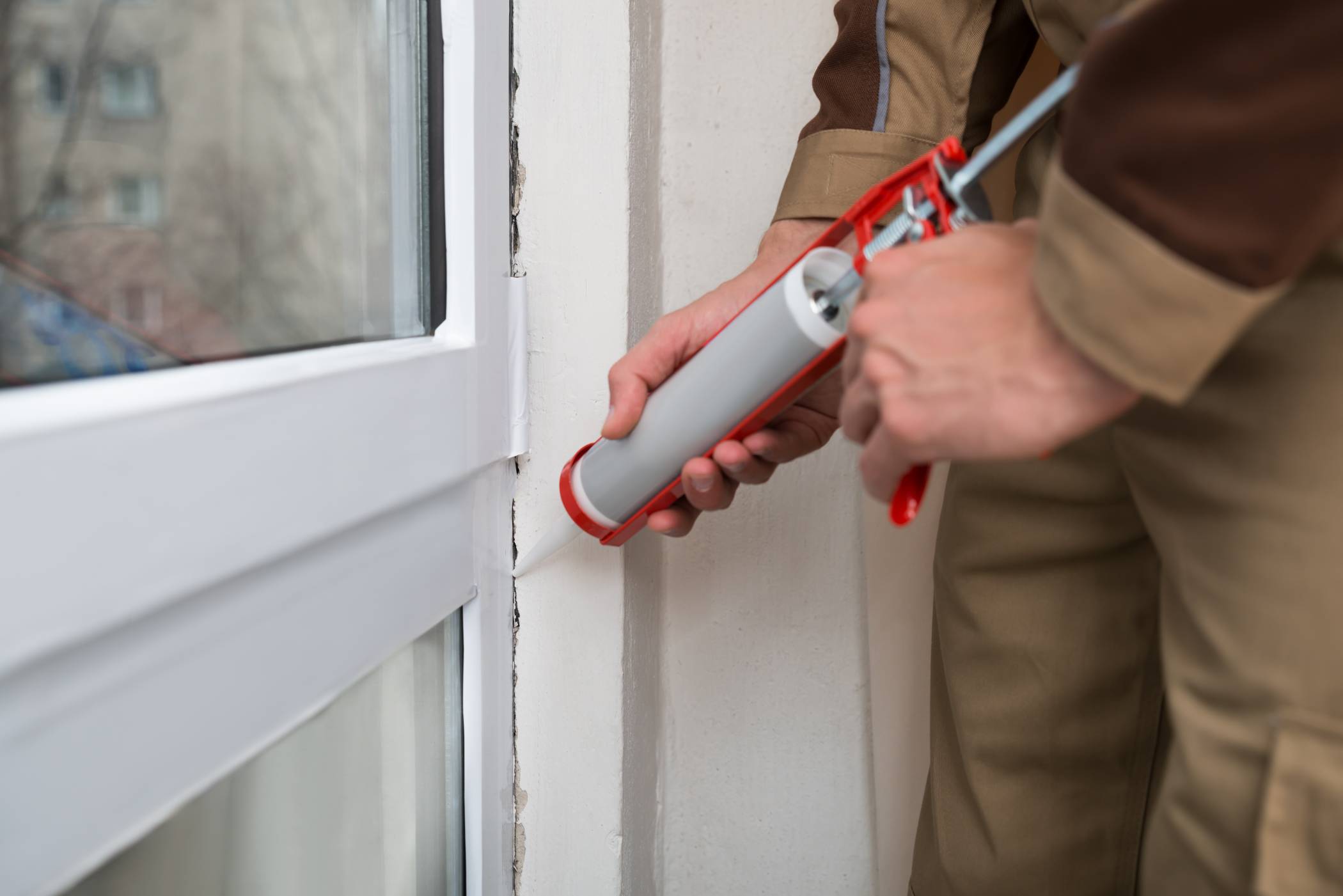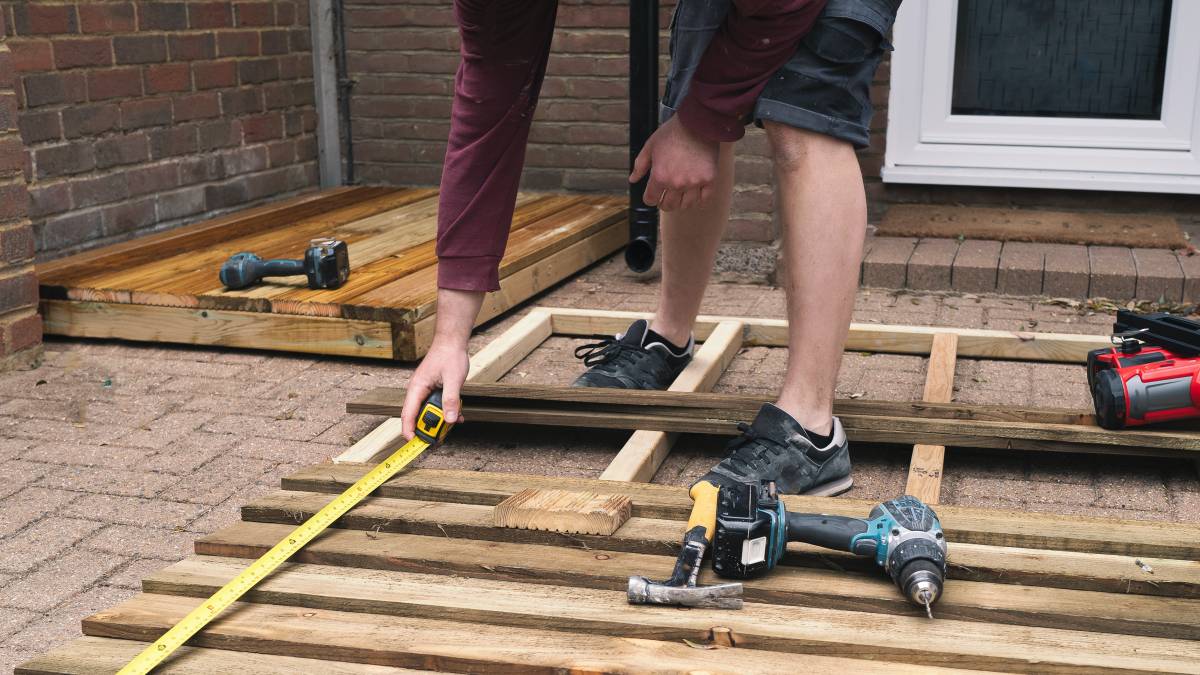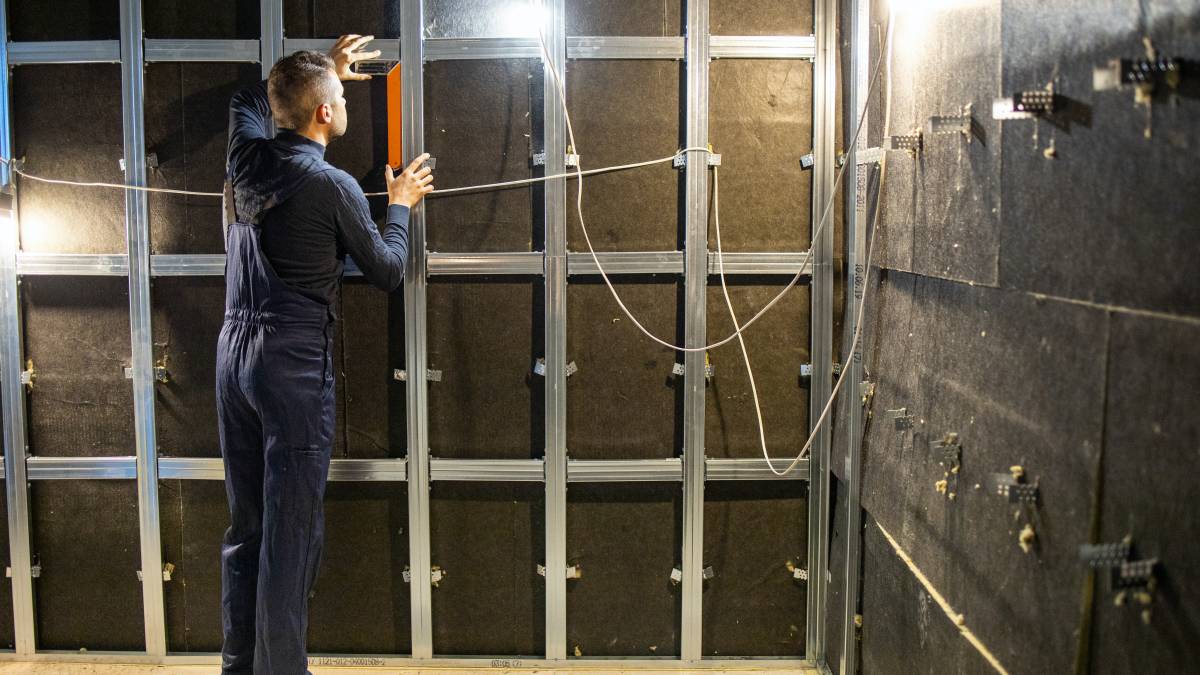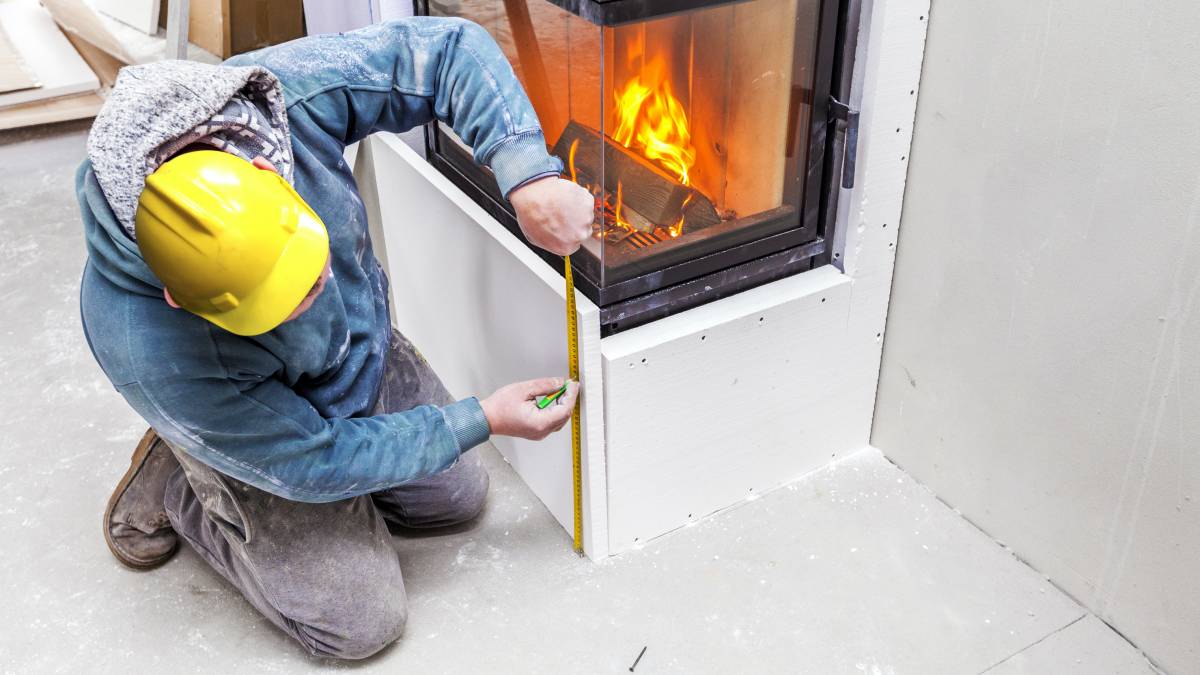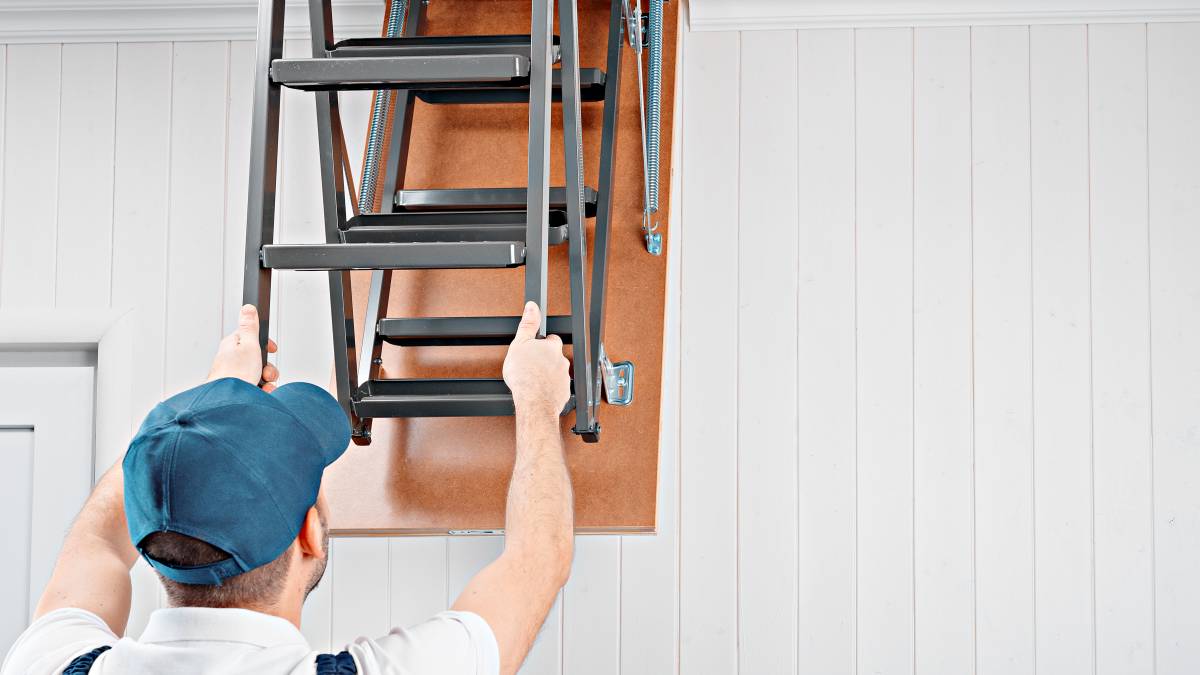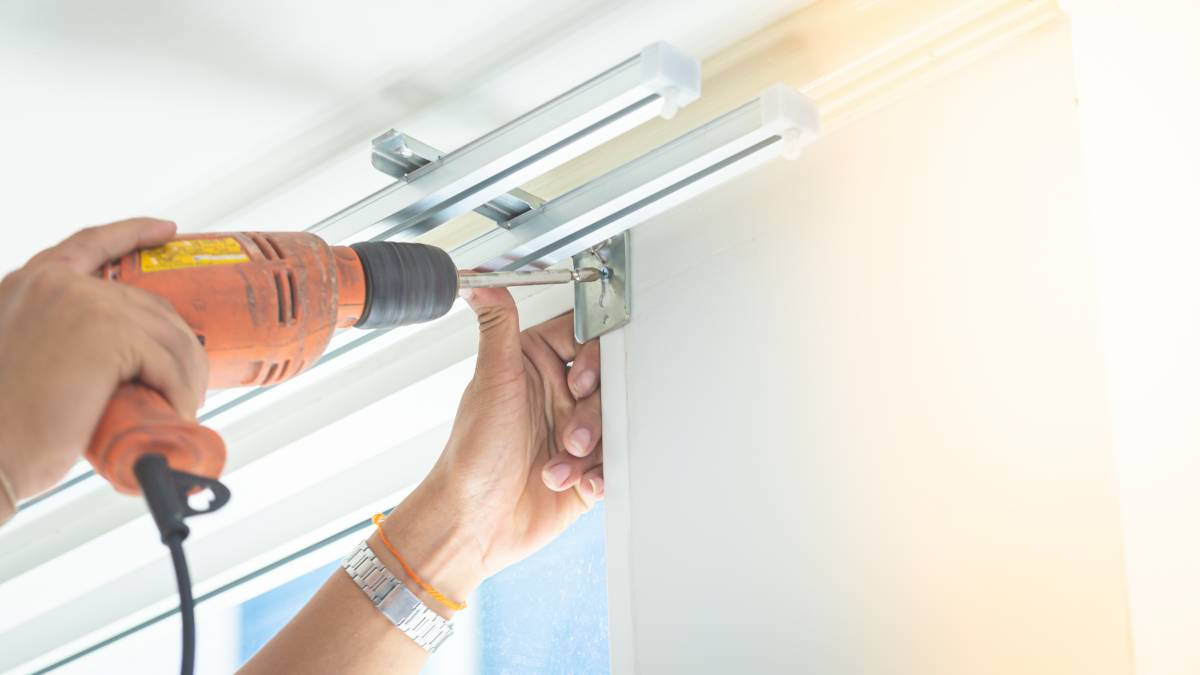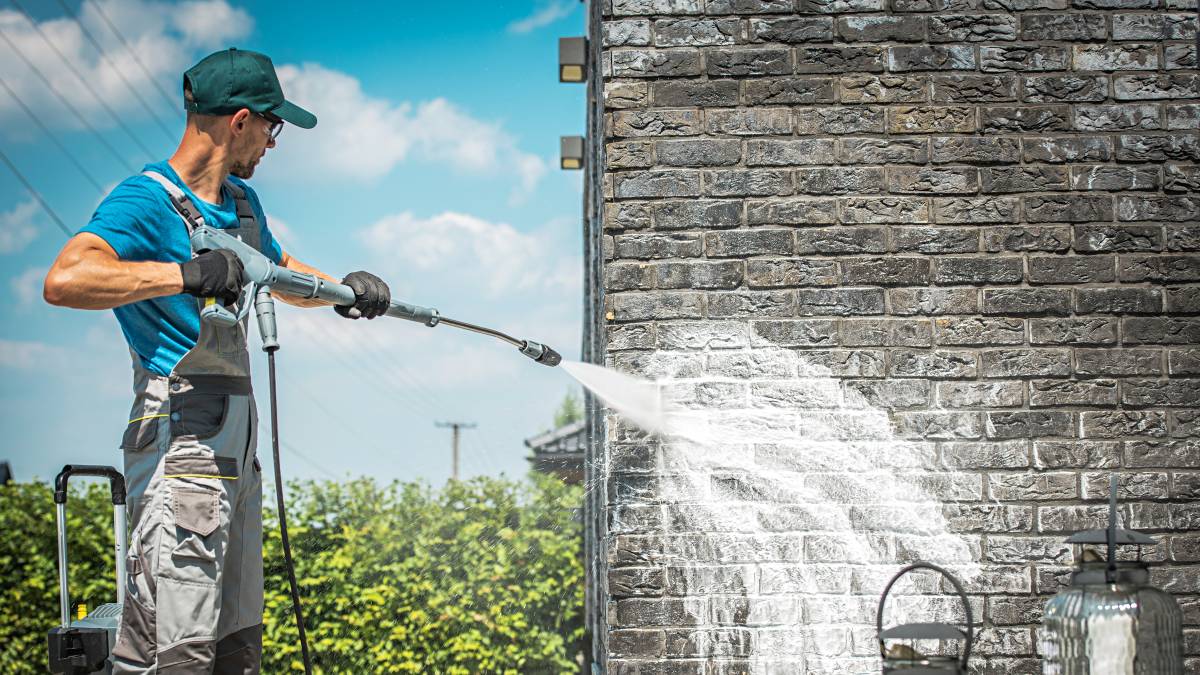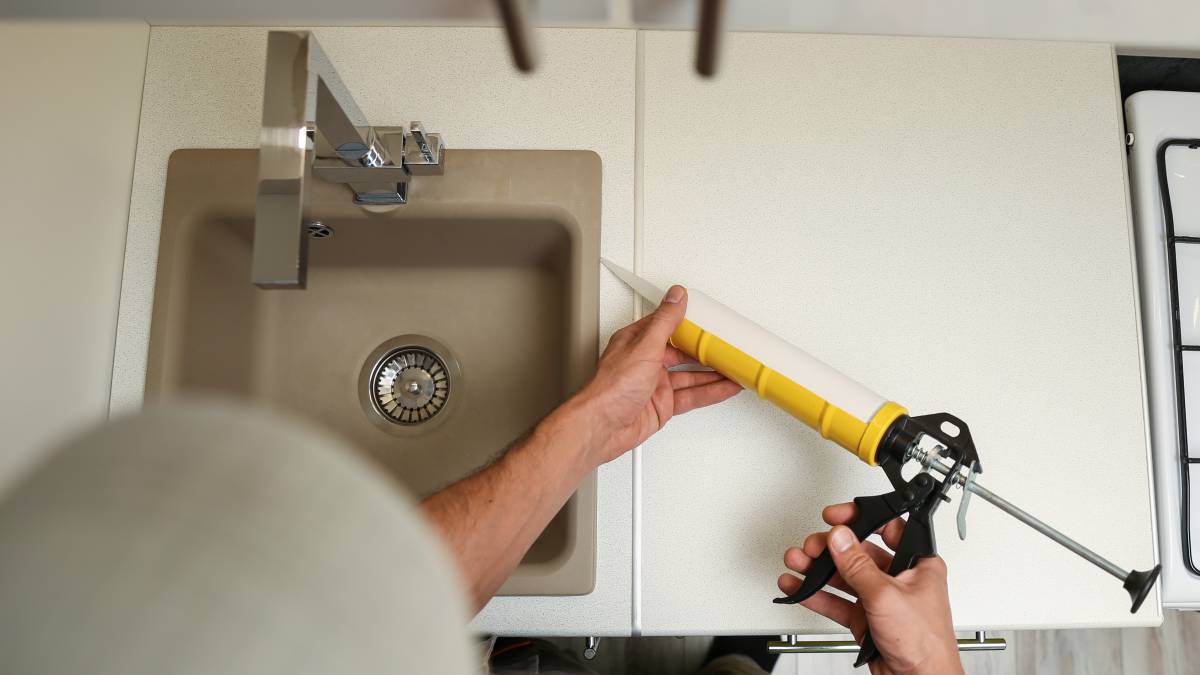- Home/
- Comparisons/
- Handyman/
- Handyman vs Contractor

Handyman vs contractor: What are their key differences?
Comparing handymen and general contractors based on job scope, project timeline, and more
Hire a handyman or general contractorLast Updated on
Key Facts
- A handyman has experience in simple home improvement and maintenance tasks, from furniture assembly to clock repair. Although laws may vary per country, handymen generally don’t need permits or licences to do their jobs.
- A general contractor handles or oversees complex jobs or large projects. They don’t need a licence to do construction work but should have business insurance and permits. Most operate a small team but can subcontract tasks to other professionals, including handymen.
Need someone to repair your leaky faucet or renovate your bathroom? With handymen and contractors offering help, choosing the right professional can be challenging. While both fix things around the house, understanding their key differences can save you from poor workmanship and a hefty headache.
With that in mind, this handyman vs contractor guide compares these two job titles based on their scope, project timeline, and more. You will also learn which requires licences, permits, and inspections and how to find a capable person for your needs.
What is a handyman?
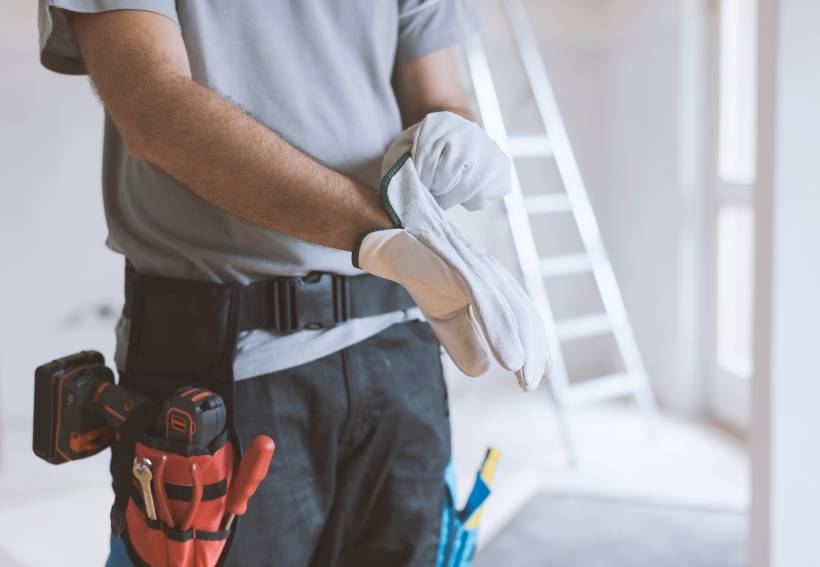
A handyman is a person who usually performs general home repair and maintenance tasks, such as basic drywall repair, window and door installation, floor restoration, drain unclogging, gutter cleaning, and cabinet fitting. They don’t need permits or licences unless they are doing electrical work and advanced plumbing or the project cost reaches a specific dollar amount.
What is a general contractor?

What does a general contractor do? They focus on primary roles: (1) oversee or supervise the completion of a large or complex remodelling or construction project from start to finish and (2) act as the intermediary between homeowners and service providers who might be part of the in-house team or subcontractors. Unlike in other countries such as the United States and Australia, they can do construction work without a licence, but they need business insurance and permits.
Handyman vs general contractor: Which is better for your needs?
Do you need handyman services, or does the project call for contractors? These factors can help you make the right choice:
In terms of job scope
Handymen are usually jacks of all trades, performing one- to two-day odd jobs such as pressure-washing garage floors, building and fixing fences, installing curtains and cots, repairing clocks and doors, and removing flaking paint. Many are also adept in carpentry, so they can tackle woodworking projects, from dog houses to chicken coops. A handyman typically works on general home improvement projects that are not classified as specialised jobs.
On the other hand, a general contractor performs and supervises complicated, big-budget, and larger projects that take a few weeks to months to complete. Their job scope or description is comprehensive. It includes developing budgets, hiring people or choosing the best subcontractors, negotiating costs, and liaising with clients. They must know building codes, engineering, marketing, and project management.
In terms of licencing
Neither a contractor nor a handyman should get a licence before they can get projects. Handymen don’t even have an entry requirement, and anyone with excellent DIY skills can become one.
Can a handyman do plumbing work? Yes, but usually only simple tasks such as draining clogs or fixing sinks. Those who want to work and earn more or expand their career paths participate in apprenticeship programs or take comprehensive training and courses, and these demand qualifications.
For instance, an electrician should have 5 GCSEs in grades 9 to 4 to qualify for advanced apprenticeships. If they lack a level 3 qualification, they can take the Experienced Worker Assessment only after five years of work experience.
In terms of team size

You can also compare a handyman vs a general contractor based on team size. Most handymen work by themselves unless the project calls for a licensed professional. A good example is a bath remodel that needs upgrading of plumbing systems.
A contractor firm is usually a family-owned business or a corporation. It maintains a core in-house team of builders, electricians, plumbers, project managers, and even handymen. Depending on the job, it hires subcontractors from separate businesses, although they still take the lead and supervise the entire project.
In terms of permits and inspections
With a general contractor vs a handyman, who needs permits and inspections? Handymen usually don’t need planning and building permits to complete small, minor, and basic home improvement jobs.
However, some cities or councils might require them based on specific conditions. In London, for example, a permit is necessary for:
Any project on a house in an area that is greater than 10 square metres with functional service systems, such as plumbing.
Control unit and fire alarm panel replacements on sheds measuring over 15 square metres.
Meanwhile, general contractors need permits for larger home construction or renovation projects and high-risk jobs such as removing asbestos. Only those who have undergone training and have been certified by the Health and Safety Executive can do the latter.
Most general contractor jobs should be inspected to determine whether they follow building codes. The permit card lists all the mandatory inspections, and failure to schedule them could result in legal action.
In terms of insurance and liability
General contractors usually don’t need business insurance unless the contract (or the client) requires it. The only mandatory coverage is workers’ compensation if they have employees.
Other ideal insurance types include:
Public liability to address third-party claims due to property damage and accidental personal injury (e.g., slips, trips, and falls)
Insurance for equipment theft or damage
Income protection if an employee can’t work due to an accident or illness
Professional indemnity insurance to protect against claims of damage or loss due to negligent service or advice provided
Should a handyman be licensed and insured? It’s recommended, although not required. Usually, they only need general liability.
In terms of cost structure

Handymen usually charge a fixed or hourly rate, which is around £20 to £30 an hour. The price goes up to almost £50 an hour if they have to work for half- or full days, although many offer discounts. Those with insurance and certificwhoolive living in busy cities such as London have higher service fees.
As for contractors, they have many pricing models. One of the most popular is fixed, wherein the costs cover the entire project. Two variations are cost plus, which includes overhead expenses and profit margins, and maximum price, which sets the maximum clients can pay. Sometimes, homeowners pay only for the hours worked and materials used, while others base the fees on tasks or milestones.
In terms of project timeline
Handyman projects are more straightforward, so they require less planning and have a shorter lead time. Keep in mind, though, that an in-demand professional tackles multiple small jobs, so consider booking their services at least three days to a week before the deadline.
Conversely, contractor projects require longer lead and completion times for the following reasons:
Contractors have a multistage process; obtaining a permit alone can take at least a week, and they cannot commence building or renovating without it.
Contractors work with many people whose skills and schedules vary.
Many problems can arise during the project, causing delays.
In many places, they can only work for certain hours or days of the week.
A good firm can address these challenges by having an in-house team or building great relationships with subcontractors and suppliers or vendors. They appoint project managers, especially for complex work, and carefully track milestones to forecast problems.
The best contractors are also diligent with their time because building permits expire. Usually, they should start building within six months and complete it within one to two years.
Simplify home repair and improvement with Airtasker
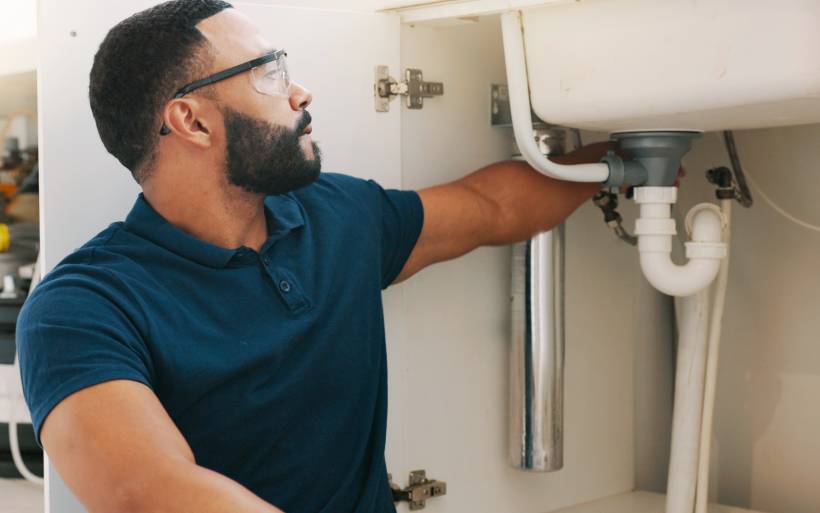
Whether you’re embarking on a new build project or keeping your existing property in top condition, DIY tasks can be a real challenge, particularly without the right tools and expertise. Airtasker is a free online platform that connects you with a skilled handyman or contractor to tackle those trickier jobs around the house.
Using it easy:
Post a task. Set a timeline, location, and budget. Mention essential project details, such as the actual job and preferred materials (e.g., ‘change my 2-year-old ceramic kitchen countertops to quartz’).
Wait for offers from Taskers. Compare their ratings and read their profiles or reviews to narrow down your choices.
Hire the right person for the job.
With Airtasker, you can spend less time worrying about who should do a home repair or improvement project. Simply post a task and get quotes from qualified handymen or licensed contractors near you.
Handyman vs contractor
| Handyman |
General Contractor |
|
| Job Scope |
Completes small, basic home improvement and maintenance tasks |
Does complex jobs, including supervising construction, remodelling, and maintenance from start to finish |
| Licencing |
Doesn’t require a licence |
Doesn’t require a licence unless for high-risk jobs such as asbestos removal |
| Team Size |
Usually works alone |
Usually has an in-house team or subcontractors |
| Permits & Inspections |
Generally doesn’t need permits and inspections because jobs are small and basic |
Usually requires planning and building permits, as well as scheduled inspections |
| Insurance & Liability |
Can get general liability and professional indemnity insurance |
Can benefit from general liability, professional indemnity, and other business insurance types; workers’ compensation is mandatory if the business has employees |
| Cost Structure |
Charges fixed or hourly rates (around £20 to £30 an hour) |
Has many pricing models |
| Project Timeline |
Requires a very short lead time, completes the work in a few hours to days |
Needs longer lead and completion times, can be prone to delays |
FAQs on handymen and contractors
Hiring handymen instead of general contractors for a complex job may result in poor quality due to a lack of expertise. It also leads to safety hazards or permit violations if the project exceeds their qualifications.
Besides doing due diligence and requiring contractors or handymen to show their qualifications, you can verify their licences at their respective building authorities.
Yes, they can be project managers because the job requires no licence or certification. However, they need at least a tertiary qualification in project management or a related field. Getting certified is also highly recommended.
General contracting is more complicated than how handymen work, especially when it involves subcontracting. The local government might require them to hire those with a contractor licence, and they must collaborate on many activities. These include time scheduling, contracts and permits, payments, and quality control.
Find handyman, fast
Post a task
Related articles
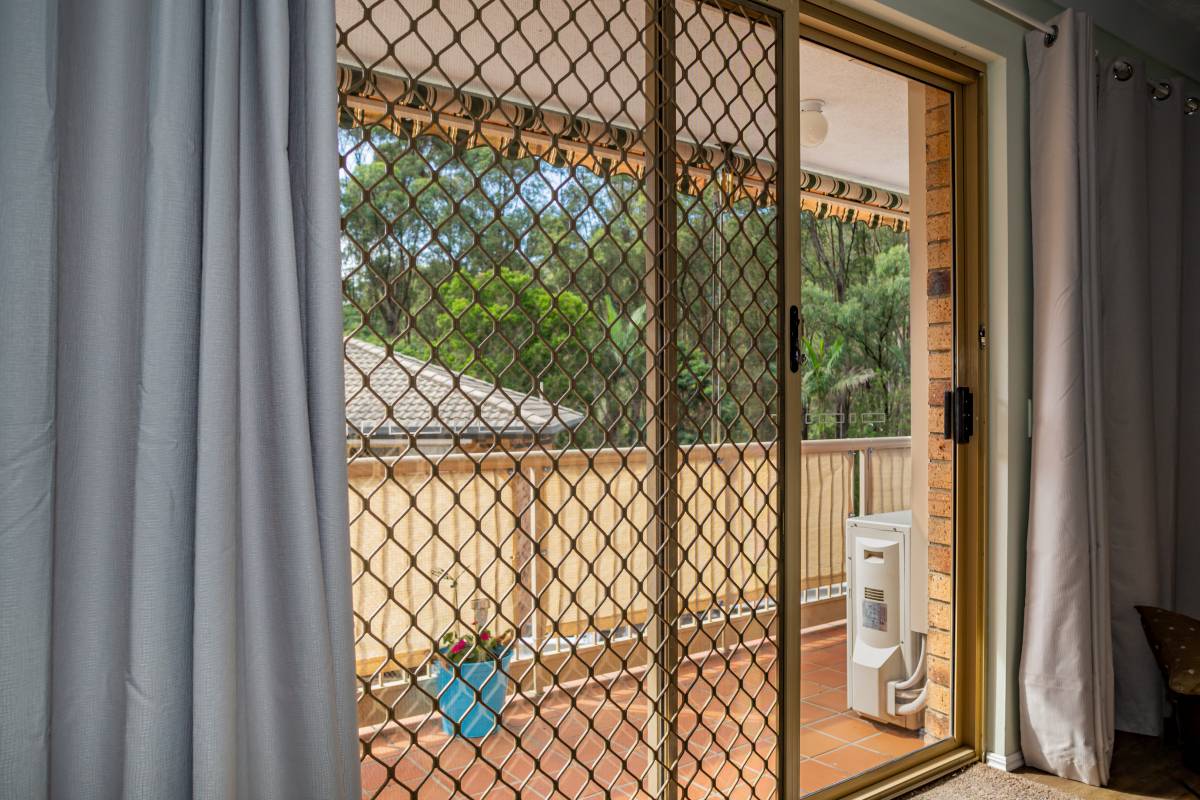
Install a screen door in 6 steps
Read more

How much can you earn as a handyperson?
Read more

How to Soundproof a Room
Read more

30 Lovely pantry door ideas
Read more
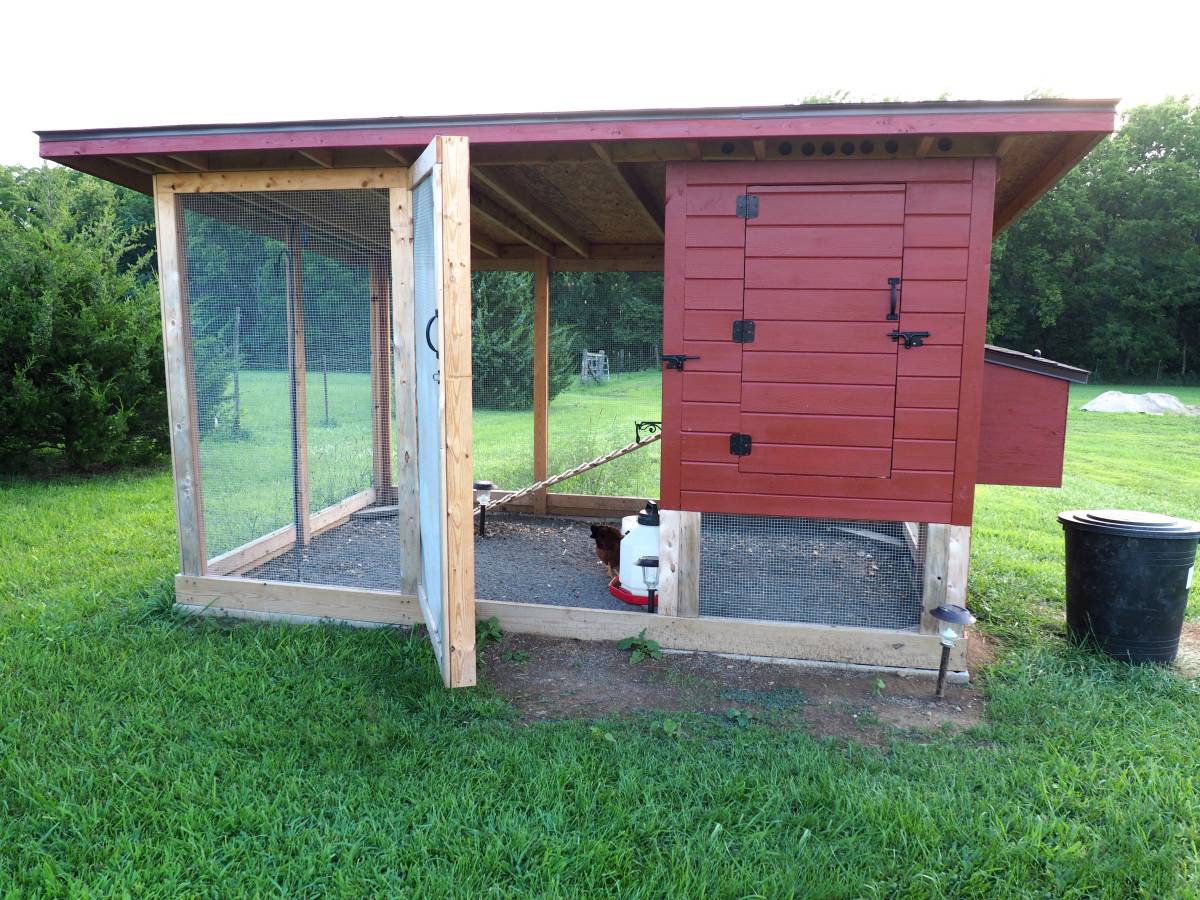
How to fox proof your chicken coop
Read more

How to install curtain rods
Read more

Best blue-collar jobs on Airtasker
Read more

Learn how to cut a mirror in 7 steps
Read more
Related price guides

What are average handyman prices?
Read more
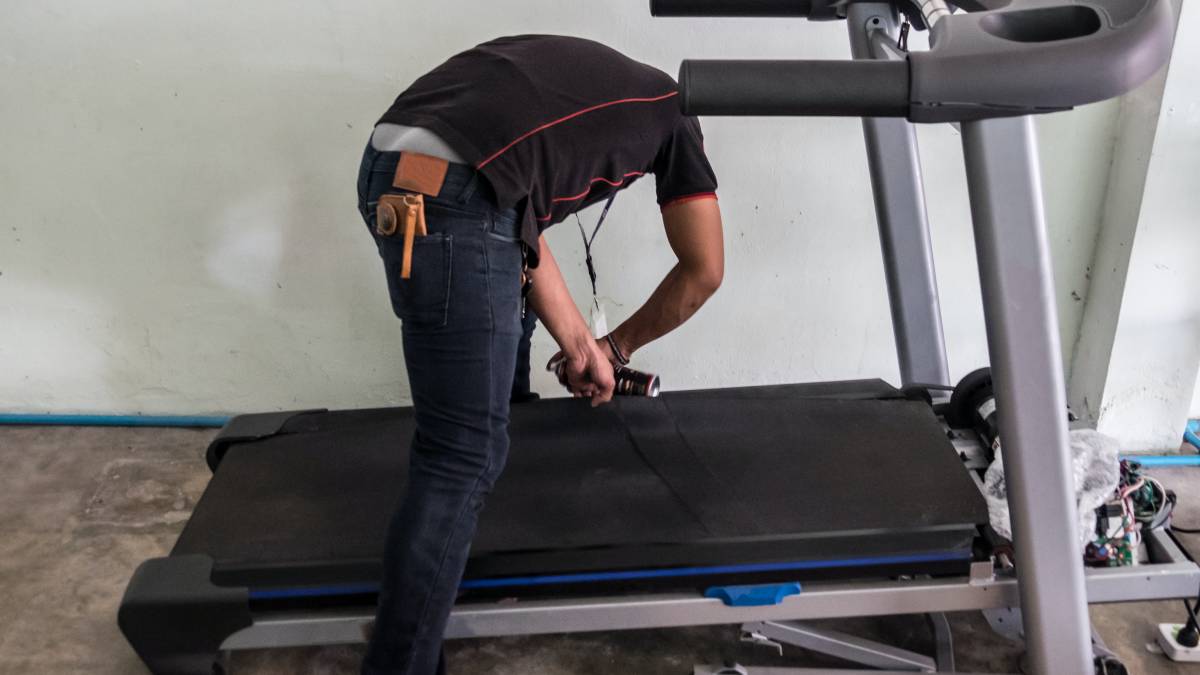
How much does treadmill repair cost?
Read more

How much does clock repair cost?
Read more

How much does hot tub repair cost?
Read more

How much does signage cost?
Read more

How much does awning repair cost?
Read more

How much does window repair cost?
Read more
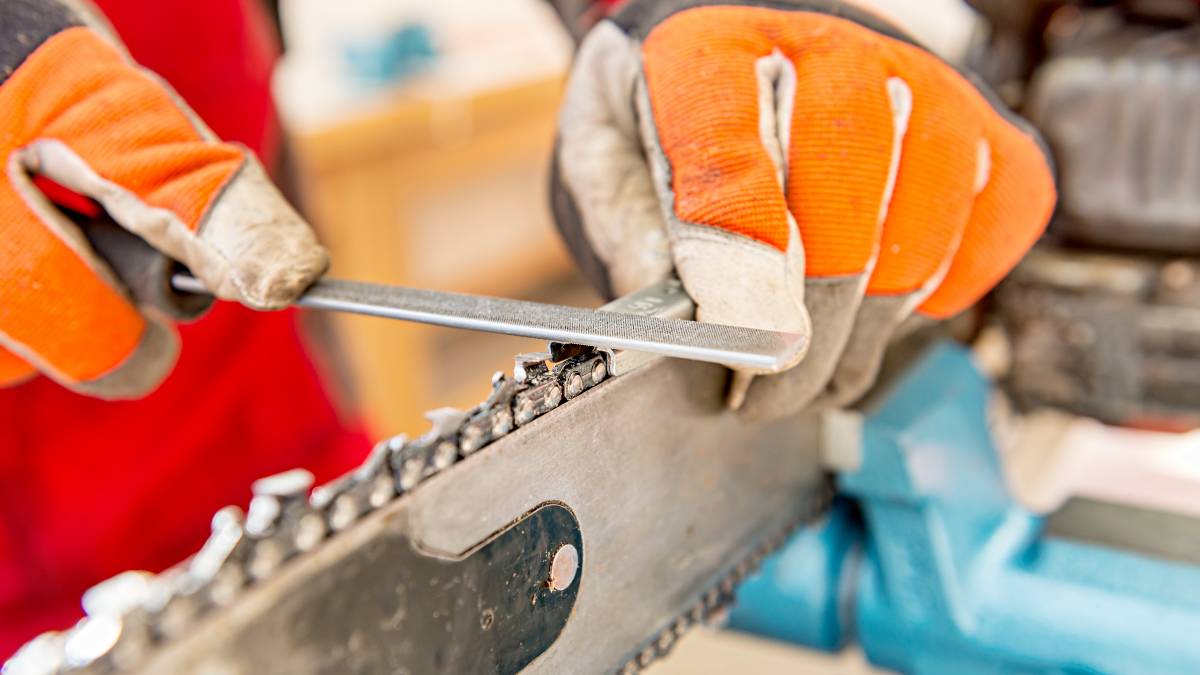
How much do chainsaw services cost?
Read more


